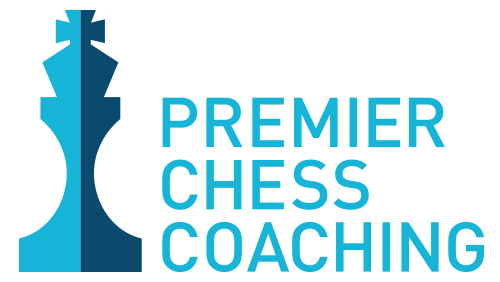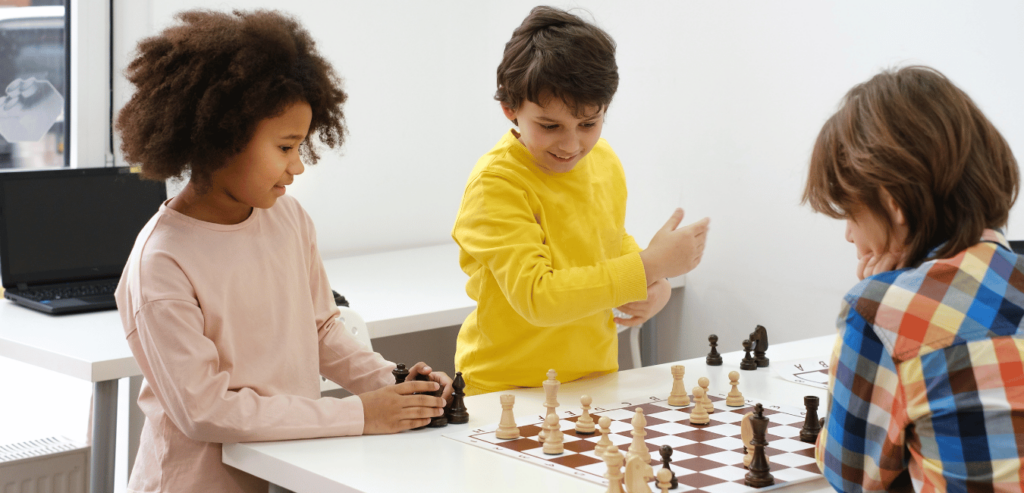In the world of extracurricular activities, chess often takes its place in the shadows, quietly carving a niche for itself amidst the roar of traditional sports. While football fields and basketball courts have basked in the limelight for generations, chess clubs have been steadily gaining ground. This article delves into the compelling debate of “Chess Club vs. Traditional Sports,” highlighting the value of alternative extracurricular activities in today’s educational landscape. It’s a journey that explores how chess fosters skills, teamwork, and critical thinking, offering students a unique and enriching experience beyond the realm of conventional sports.
The Chess Advantage:
Chess transcends the boundaries of a mere game; it is an intellectual journey that refines critical thinking, sharpens problem-solving abilities, and nurtures the art of strategic planning. In a world that places a premium on these cognitive skills, chess paves a distinctive pathway for students to cultivate and elevate these vital mental faculties.
Inclusivity and Accessibility:
In a landscape where some traditional sports may demand specific physical attributes, chess stands as an emblem of inclusivity and accessibility. It’s a level arena where students from diverse backgrounds and abilities converge. Within the chessboard’s checkered confines, everyone enjoys an equitable chance to rise and shine, where potential knows no constraints.
Teamwork and Collaboration
While chess is often seen as an individual sport, chess clubs encourage teamwork and collaboration. Students work together, analyzing positions, and learning from one another’s strategies, fostering a sense of camaraderie.
Developing Concentration
In an age of constant distractions, chess cultivates concentration and focus. Students learn to think deeply and concentrate on a single task, a skill that’s transferable to their academic pursuits.
Lifelong Learning
Chess is a game of endless possibilities. Students not only learn the fundamentals but also explore advanced strategies, promoting a growth mindset and a love for lifelong learning.
A Unique Extracurricular Experience
While traditional sports undoubtedly have their merits, chess offers students a unique extracurricular experience that complements physical activities. It’s a realm where the battles are fought with the mind, and victory is achieved through strategy and intellect.
Conclusion
In the ever-evolving landscape of extracurricular activities, chess clubs shine as a beacon of alternative engagement. The “Chess Club vs. Traditional Sports” debate is not about pitting one against the other but recognizing the diverse opportunities available to students. Chess fosters critical thinking, inclusivity, collaboration, and concentration, offering a unique extracurricular experience that complements traditional sports.
Ready to Explore the World of Chess Clubs?
If you are interested in learning more about starting a chess club in your school or seeking a chess club for your children, don’t hesitate to contact us. We’re here to guide you on your chess journey, ensuring that this enriching experience is accessible to all.


